In an engagement with stakeholders in Lagos, Mele Kyari, the Group Chief Executive Officer of the Nigerian National Petroleum Company Limited (NNPC), highlighted strides towards enhancing Nigeria’s oil production.
From April’s 1.28 million barrels per day, Kyari disclosed that production is steadily approaching 1.7 million barrels per day, marking a potential upturn for the nation’s economy.
Join our WhatsApp ChannelAddressing concerns over declining production, Kyari attributed ongoing challenges to oil theft and vandalism, stressing their detrimental impact on production capabilities. “No one is going to invest in oil production if they doubt the security of getting their product to market,” Kyari emphasized. He underscored the necessity of combating insecurity in Nigeria’s oil-rich regions to stabilize and potentially increase production volumes.
Kyari further elaborated on the toll of pipeline vandalism, necessitating alternative and less efficient transportation methods like barging, which significantly inflate operational costs. He pointed out that such methods were virtually nonexistent in Nigeria’s oil transport infrastructure just decades ago, illustrating the regressive impact of current security challenges.
READ ALSO: Just In: Tension As Fire Gut NNPC Terminal In Lagos
Despite these hurdles, Kyari expressed optimism about ongoing efforts to bolster infrastructure integrity and mitigate security threats. He highlighted the progress of critical gas infrastructure projects aimed at facilitating the transport of 8 billion cubic feet of gas daily within four years through an expanded pipeline network.
“The AKK pipeline project, currently under completion, stands as a pivotal component in enhancing our gas supply infrastructure,” Kyari remarked. He noted that finalizing the remaining 2.7 km river crossing would soon enable seamless gas flow from eastern to western regions of Nigeria, further bolstering national energy security.
Abiodun Ogunjobi, President of the Nigerian Association of Petroleum Explorationists (NAPE), emphasized the importance of upgrading existing gas infrastructure and integrating new technologies to optimize gas production and utilization efficiently. George Osahon, Chairman of NAPE’s Board of Trustees, echoed these sentiments, emphasizing NNPC’s critical role in spearheading oil and gas exploration and development in Nigeria.
However, Chief Chamberlain Oyibo, former Chairman of NAPE’s Board of Trustees, cautioned that sustained policy improvements and incentives are crucial amidst declining reserves and production rates. He urged industry stakeholders not to shy away from innovative solutions that could revitalize Nigeria’s oil and gas sector.
In light of recent fluctuations in oil production, OPEC’s May report noted a slight increase in Nigeria’s daily output, underscoring the sector’s resilience amid global economic uncertainties. Kyari’s announcement of nearing 1.7 million barrels per day marks a potential turning point, signaling renewed economic prospects for Nigeria, albeit contingent on sustained infrastructure improvements and security enhancements.
Looking ahead, stakeholders remain cautiously optimistic about the trajectory of Nigeria’s oil production, emphasizing the need for collaborative efforts to overcome existing challenges and capitalize on emerging opportunities in the energy sector.
As efforts continue to fortify infrastructure and combat security threats, the outlook for Nigeria’s oil and gas industry appears poised for gradual improvement, potentially yielding broader economic benefits in the near future.
Emmanuel Ochayi is a journalist. He is a graduate of the University of Lagos, School of first choice and the nations pride. Emmanuel is keen on exploring writing angles in different areas, including Business, climate change, politics, Education, and others.
- Emmanuel Ochayihttps://www.primebusiness.africa/author/ochayi/
- Emmanuel Ochayihttps://www.primebusiness.africa/author/ochayi/
- Emmanuel Ochayihttps://www.primebusiness.africa/author/ochayi/
- Emmanuel Ochayihttps://www.primebusiness.africa/author/ochayi/

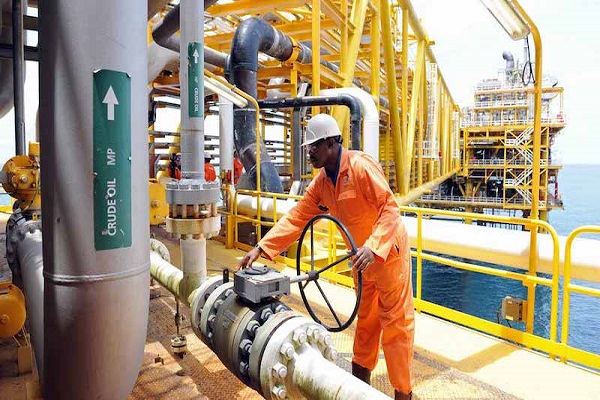



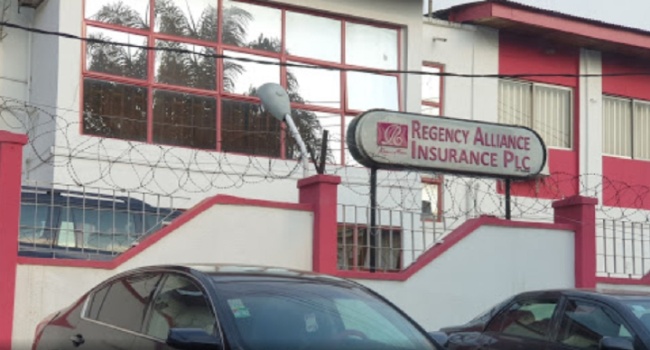
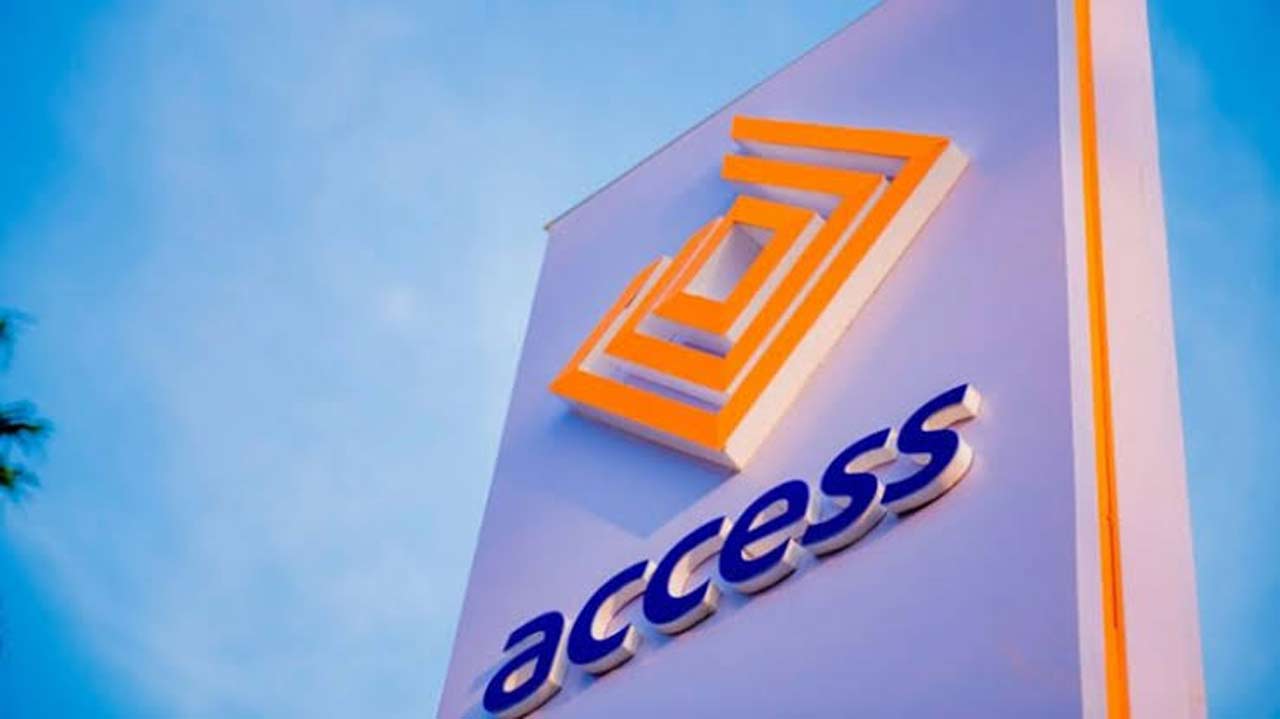
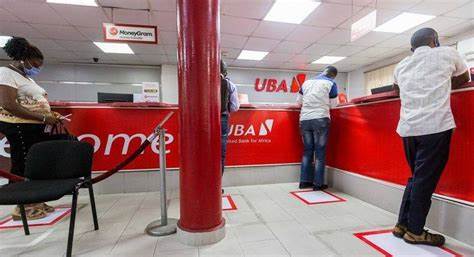








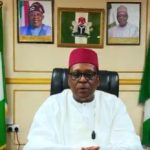

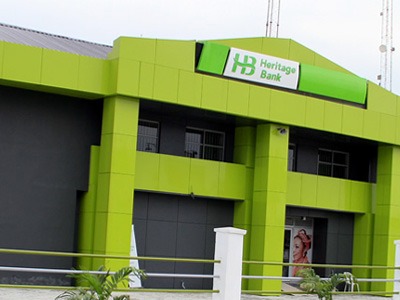
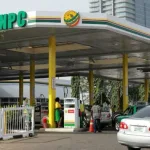
Follow Us